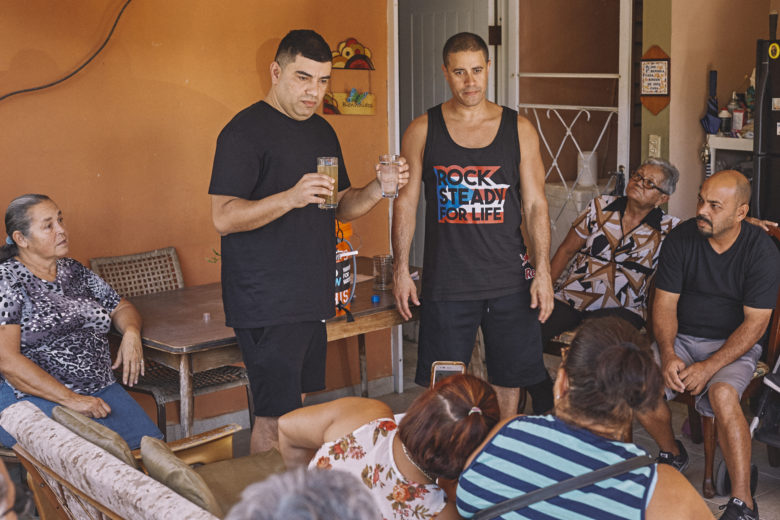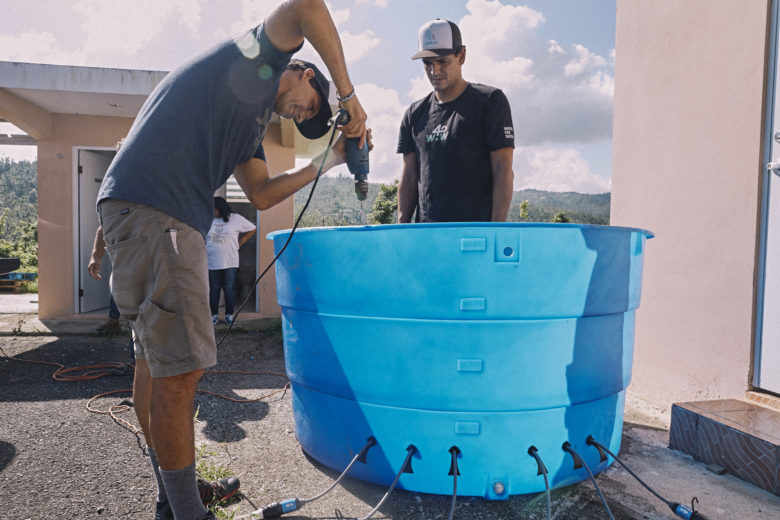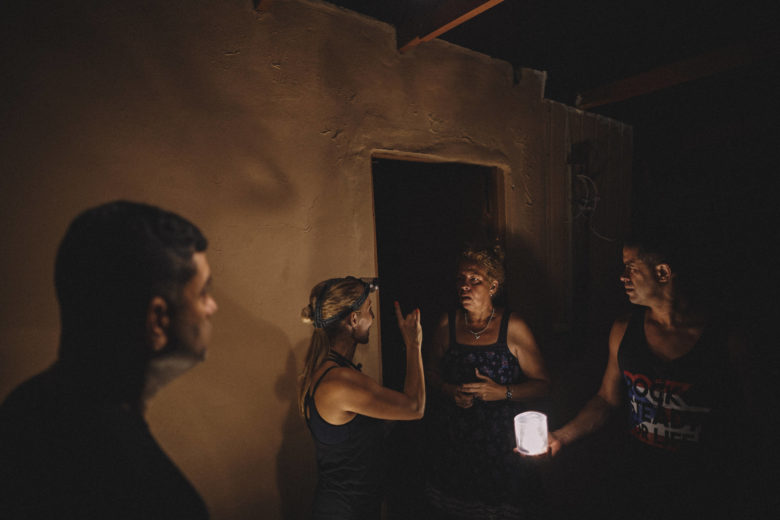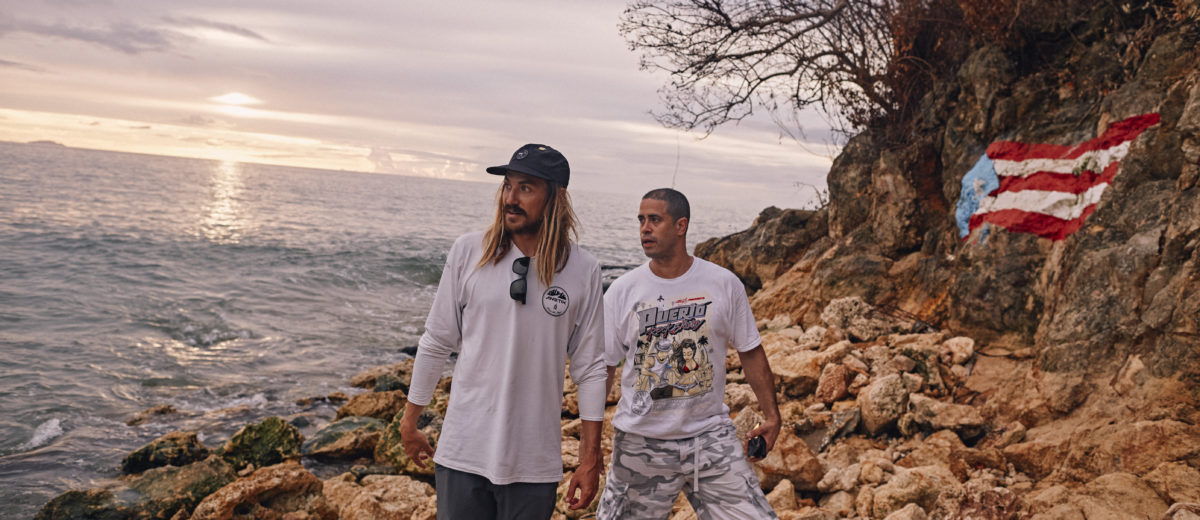Hip Hop icon and legendary B-boy dancer Richard “Crazy Legs” Colon recently held a viewing of a new episode of his documentary series which chronicles his relief work for Puerto Rico. In Rock Steady for Life Crazy Legs returns to Puerto Rico, six months after Hurricane Maria devastated the island, leaving more than 1,000 dead in its wake.
Rock Steady Efforts
The trip, and the documentary, was sponsored by Red Bull, who helped Crazy Legs travel to the island, and provided logistical support to make deliveries in Puerto Rico. they traveled to towns in the West like Rincon, Aguadilla, and cities outside of San Juan, like Caguas, which saw little help during the initial days after the hurricane.
As part of his relief efforts Crazy Legs partnered with Waves for Water, a nonprofit organization which delivers simple, inexpensive water filtration systems to communities in need around the world. In the six months since they touched ground, the group has provided access to clean water for over 135,000 residents in Puerto Rico. Crazy Legs also partnered with Mpowerd who delivered over 80,000 inflatable, solar powered Luci Lights to residents without power.

The Storm Troopers
The short film introduced various Puerto Rican activists and advocates who are on the ground daily helping communities recover and rebuild. Tara Rodriguez Besosa of the Puerto Rico Resiliency Fund and Camille Collazo of Regrow Puerto Rico are food activists who are supporting farmers with aid and also encouraging residents to grow their own food to increase sustainability and reduce the current food import rate of 85%.
Fernando Silva, Director of Instituto de Ciencias para la Conservacion de Puerto, Rico is helping individuals install cisterns and find eco-friendly ways to supply water to residents so they don’t need to rely on single-use water bottles. In the film Silva aptly notes “the basis of any recovery in any country is the hands of its own people. We have to provide the resources to the community and the community will be the driver to solve the problems.”

There is also Angela Maria Nardolillo, founder of Off The Grid Mission which teaches self-defense to the global deaf and hard of hearing community. Nardolillo came to Puerto Rico specifically to help that community with relief efforts and teach aid workers how to better provide services to the deaf, who suffer disproportionately after natural disasters because they need light to communicate.

After the documentary viewing, Mr. Colon and the featured individuals talked about the challenges and successes in helping Puerto Rico. They agreed that the power of the diaspora is the key to recovery. They noted that Puerto Ricans on the island and mainland, as well as their allies were more effective than large NGO and government institutions like FEMA.
In that spirit, Crazy Legs partnered with surfers, technologists, activists and scientists from different walks of life to combine networks and resources for the benefit of thousands of Puerto Ricans. They called themselves “Storm Troopers” because they came together because of the storm, and rolled up their sleeves to help during these hard times. They also talked extensively about the resiliency of the Puerto Rican people, who came together to help each other, especially because of the slow and inadequate governmental response.
It was not lost on anyone the irony that on that very day, Puerto Rico was in the midst of yet another island-wide blackout seven months after the storm. There was a feeling that the islands’ recovery will take years–if not decades–to remedy and that the diaspora will now and forever be important to the life of Puerto Rico.
Check out Rock Steady for Life here.


